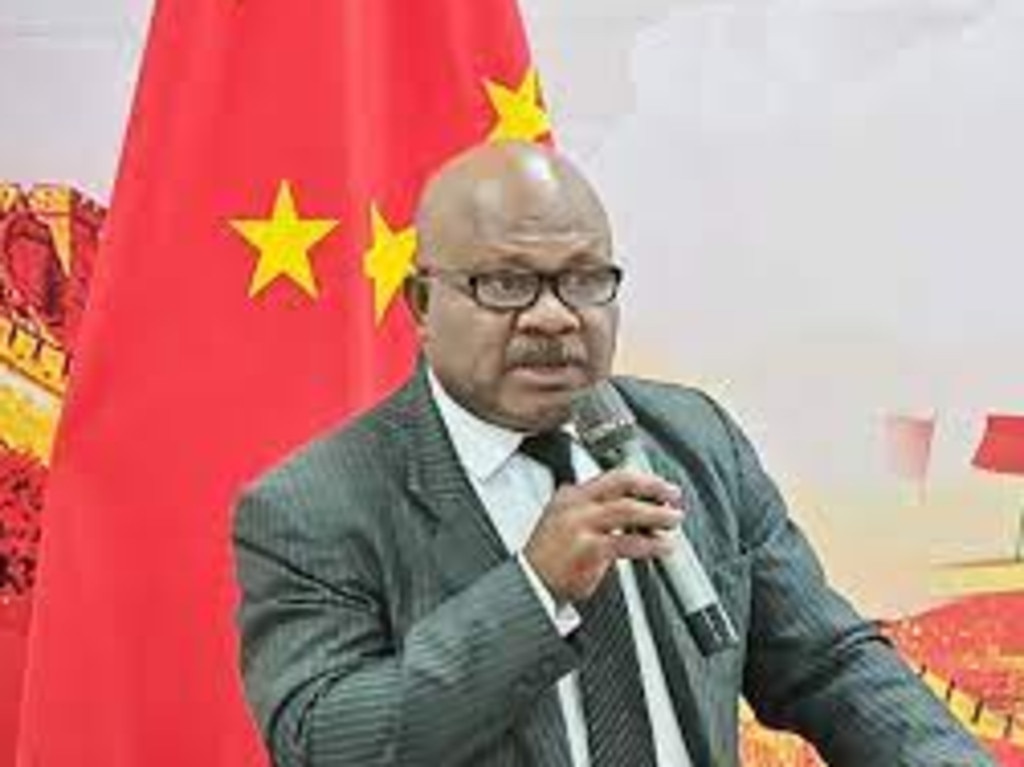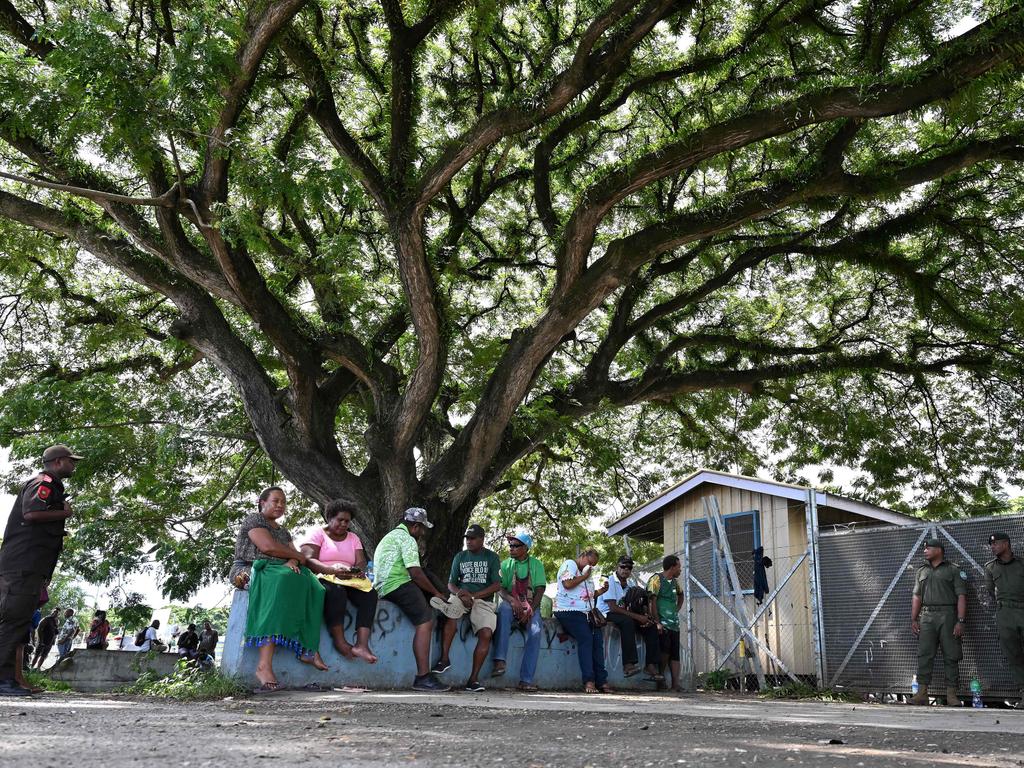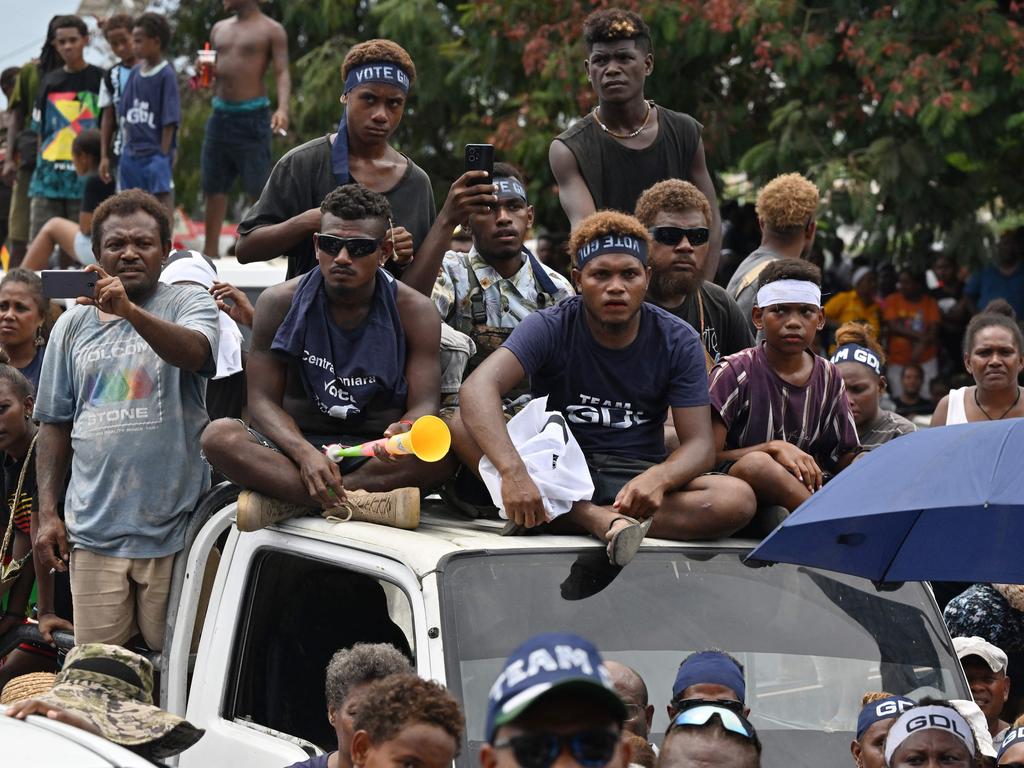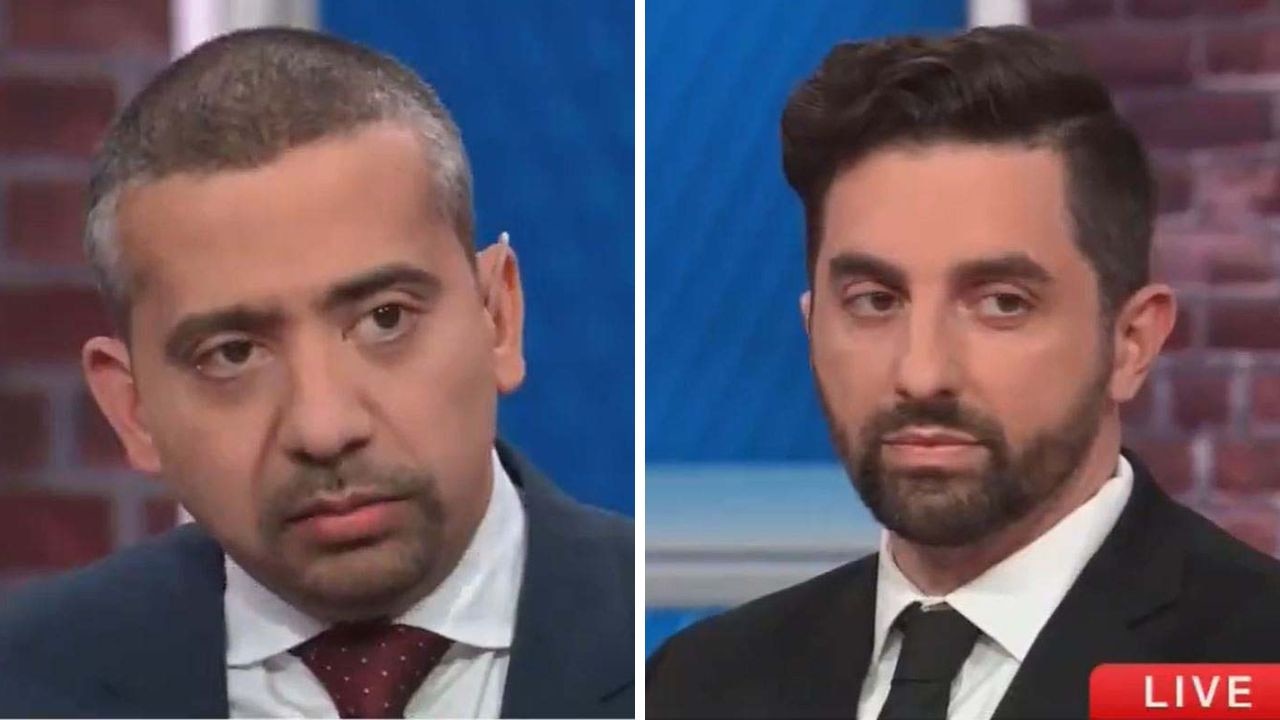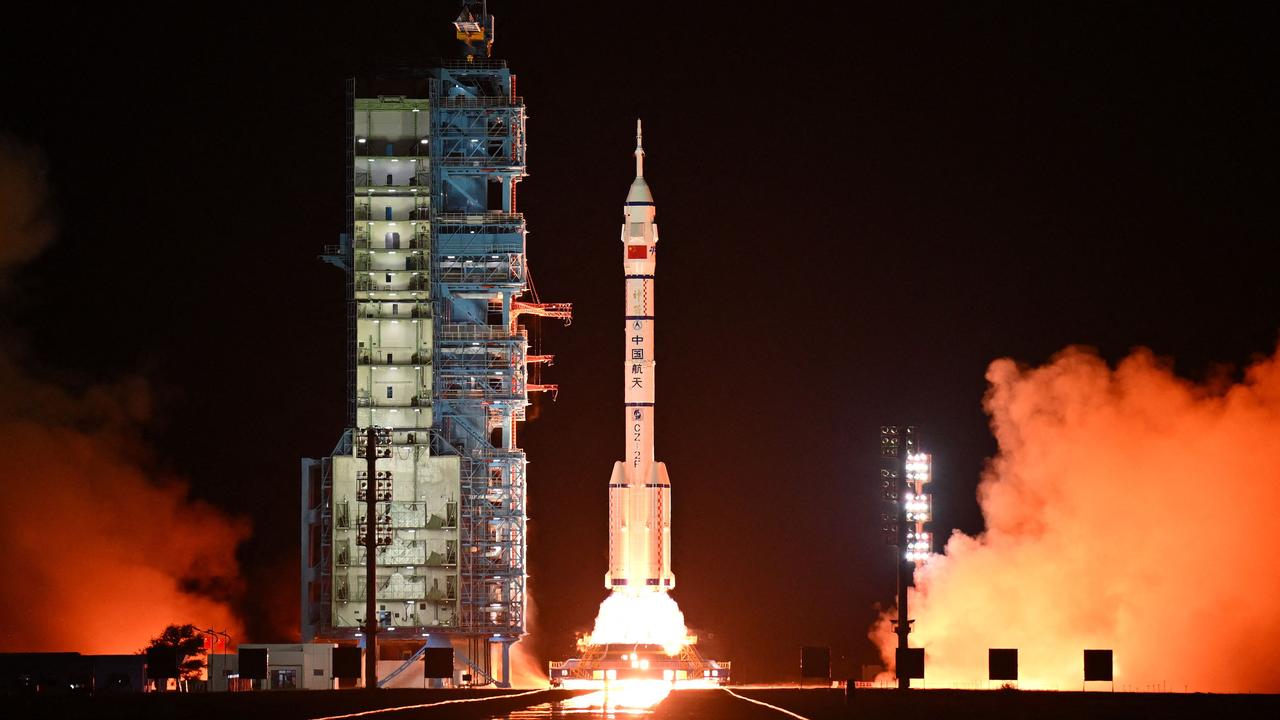Solomon Islands readies for post-election bartering with China in view
Political leaders began trickling into Honiara on Saturday, preparing for coalition negotiations that could alter China’s fate in the Pacific nation.
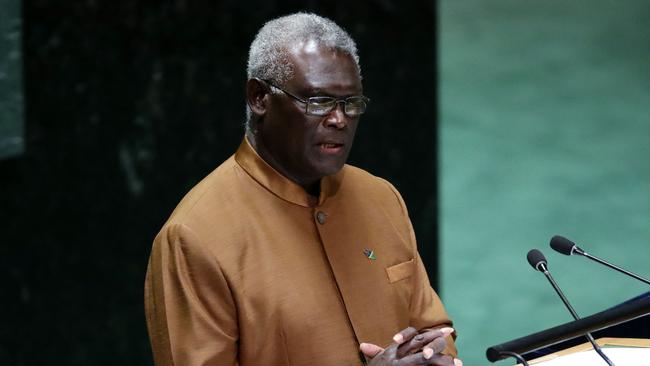
Political leaders in Solomon Islands began trickling into the capital from far-flung villages on Saturday, preparing for post-election coalition negotiations that could alter China’s fate in the Pacific nation.
Incumbent Prime Minister Manasseh Sogavare – one of China’s most steadfast allies in the South Pacific – clung on to his seat by 259 votes, according to the official tally.
Sogavare will soon travel to the capital Honiara, where his team will begin bartering with other MPs in a mad dash to form a ruling coalition.
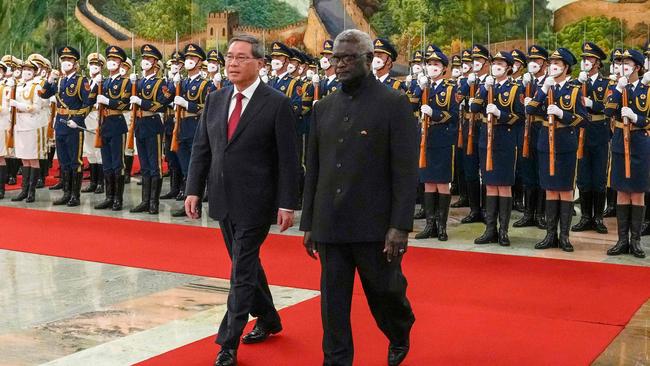
The election, billed as Solomon Islands’ most important in a generation, was seen in part as a referendum on China’s place in the “Hapi Isles”.
Sogavare’s margin evaporated by around 10 per cent in the wake of an often-tumultuous term marked by crackdowns, riots and deepened ties with Beijing.
Regional governor Martin Fini, who oversaw the swift expansion of Chinese interests on the island of Malaita, was earlier turfed out by voters.
Reports of Sogavare’s success were featured across state-backed Chinese news outlets.
Some MPs, such as leading opposition figure Peter Kenilorea, have already journeyed to Honiara to begin shoring up their numbers.
Kenilorea has indicated that dialling back China’s influence will be a key plank in his negotiating platform.
Several seats in the 50-member parliament are yet to be called. In the coming days, politicians with common interests will start to coalesce into “camps” based in Honiara’s casinos and hotels – seeking to form a ruling majority.
Only once the dust has settled from this process will a prime minister emerge.

